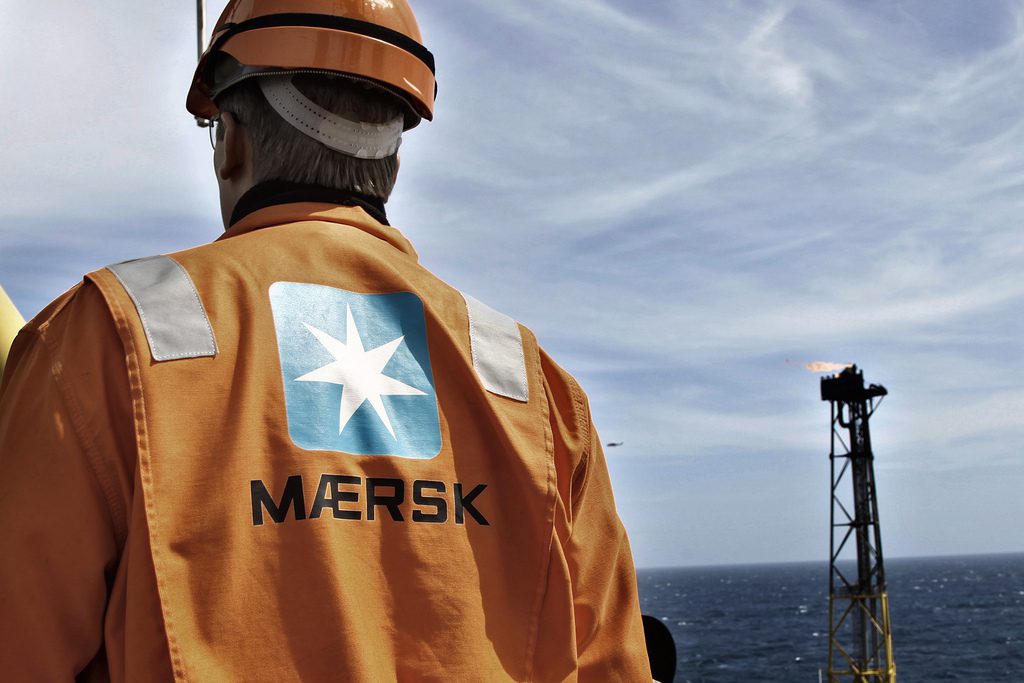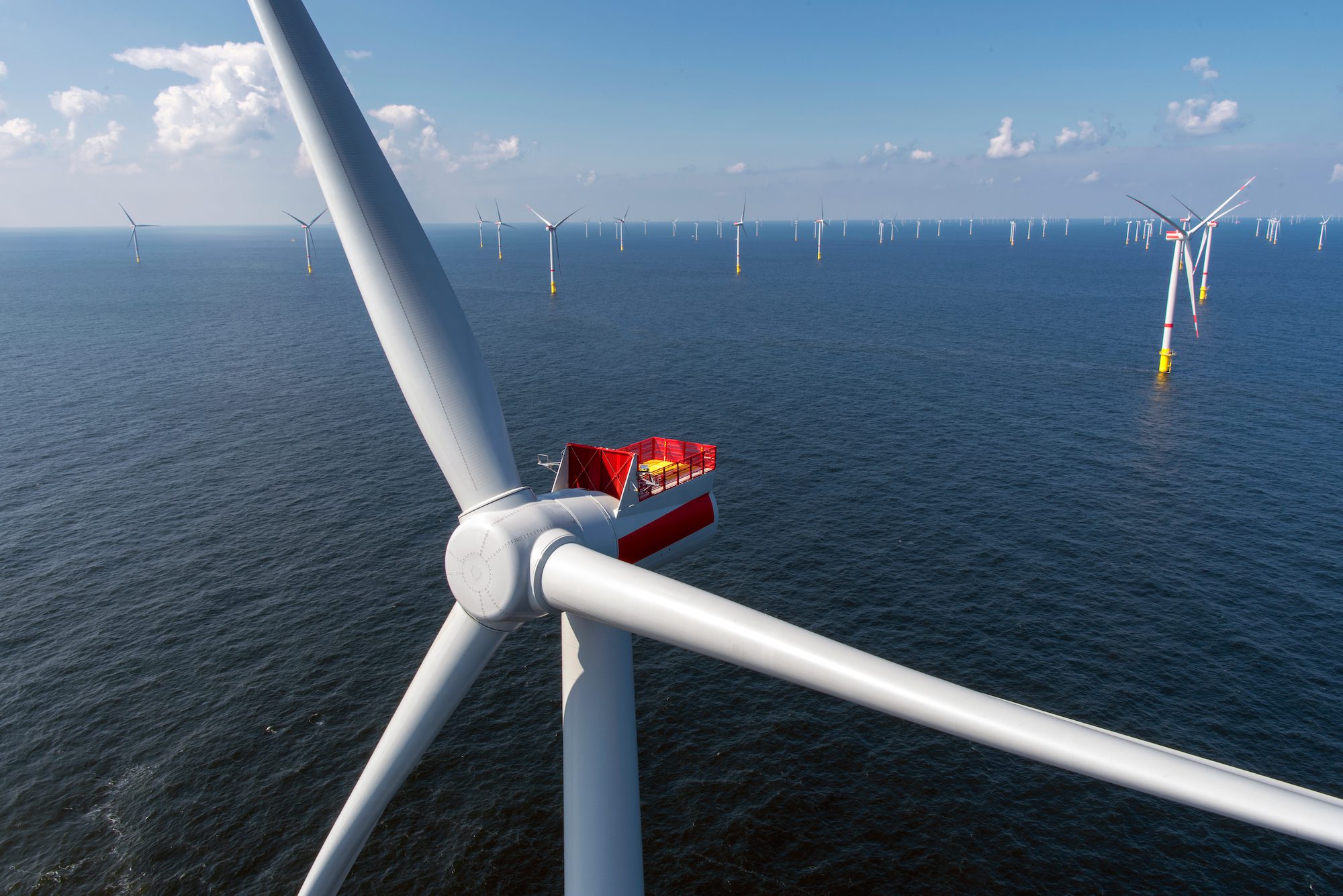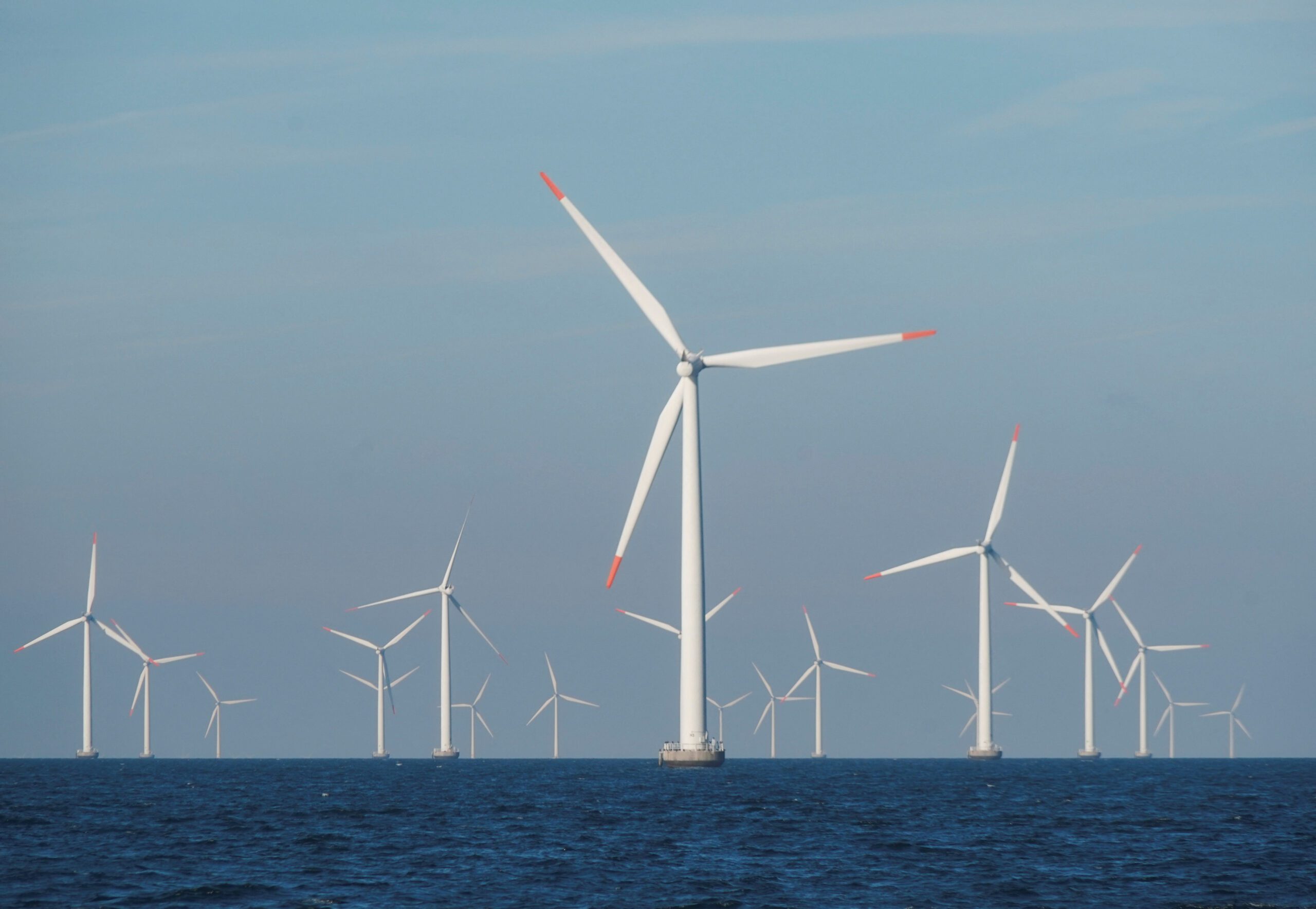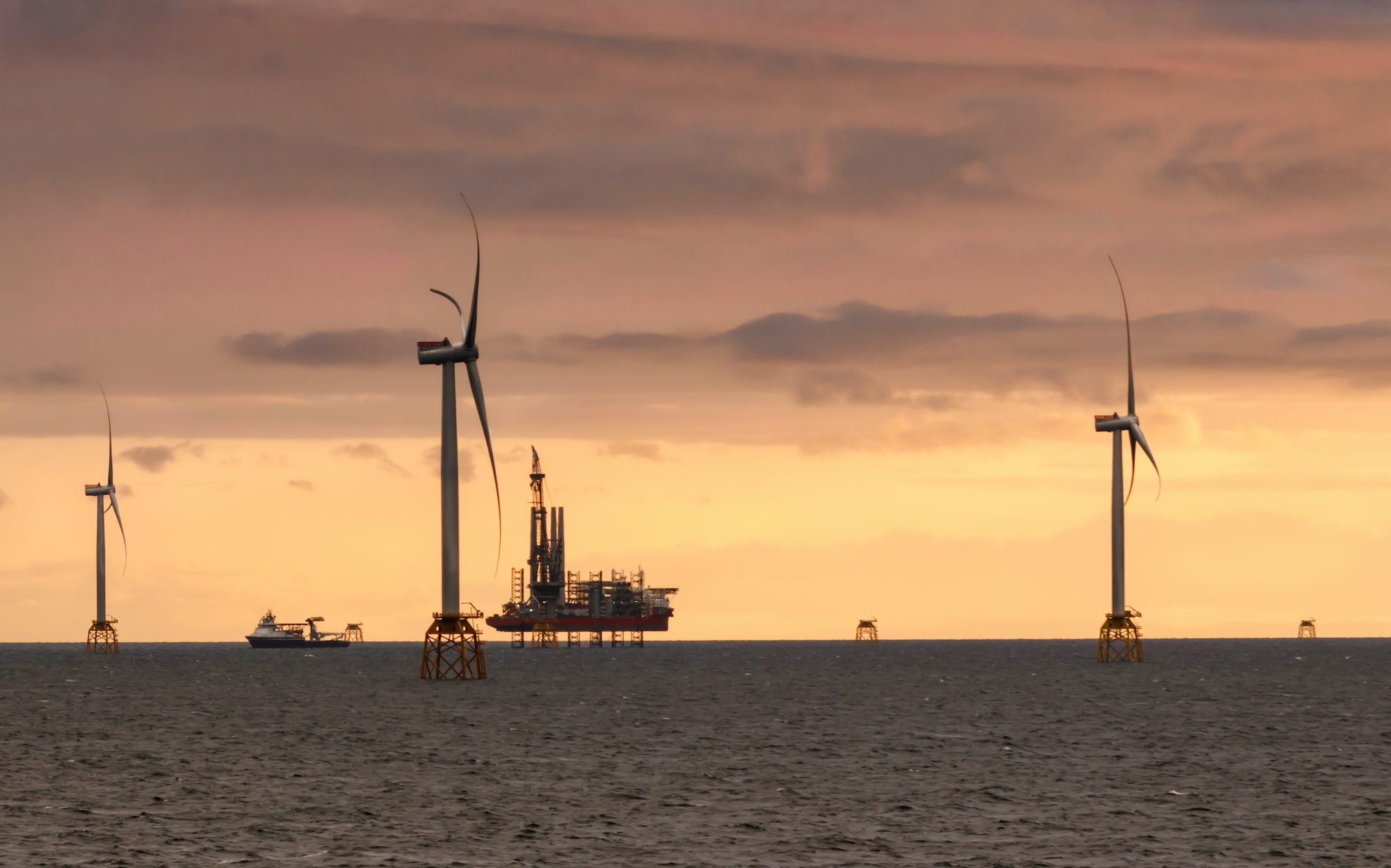Photo: Maersk Oil via Flickr
By Christian Wienberg (Bloomberg) — A.P. Moller-Maersk A/S is about to exit the Danish offshore oil industry that it created half a century ago. But for the next few decades, it will be stuck with a liability that’s as big as $1.2 billion stemming from that business.
Maersk on Friday won a key approval to sell its energy unit to Total S.A., with the Danish Energy Agency giving the green light to the $8 billion deal. But the authority made it a condition that Maersk pay for the eventual decommissioning of North Sea infrastructure (such as platforms and pipes), if Total can’t when the time comes.
While the risk is remote, the liability shows how deep Maersk’s ties to Denmark’s oil industry are. It founded the energy unit in 1962 when it obtained a 50-year exclusive contract to explore and produce oil in Denmark.
Maersk Closes In on $5.3 Billion in Deals as Oil Market Recovers
“It’s a very theoretical cost, but nevertheless something that should be taken into account and it’s definitely not a positive,” Casper Blom, an equity analyst at ABG Sundal Collier, said by phone.
Shares in Maersk, which lost almost 5 percent on Friday after U.S. President Donald Trump raised the specter of a global trade war, rose 0.8 percent in early morning trading on Monday. But Maersk is still down about 10 percent this year, compared with a 2 percent decline in Denmark’s benchmark stock index.
Maersk expects the Total deal to close this quarter. The company told Bloomberg the current $1.2 billion estimate for Danish decommissioning provisions will fall when Total and the other license partners redevelop the Tyra gas field.
“It should be noted that this ‘residual liability’ would only apply after many other protections had failed,” Louise Muenter, a Maersk spokeswoman, said by email.
© 2018 Bloomberg L.P
Unlock Exclusive Insights Today!
Join the gCaptain Club for curated content, insider opinions, and vibrant community discussions.

 Join The Club
Join The Club











